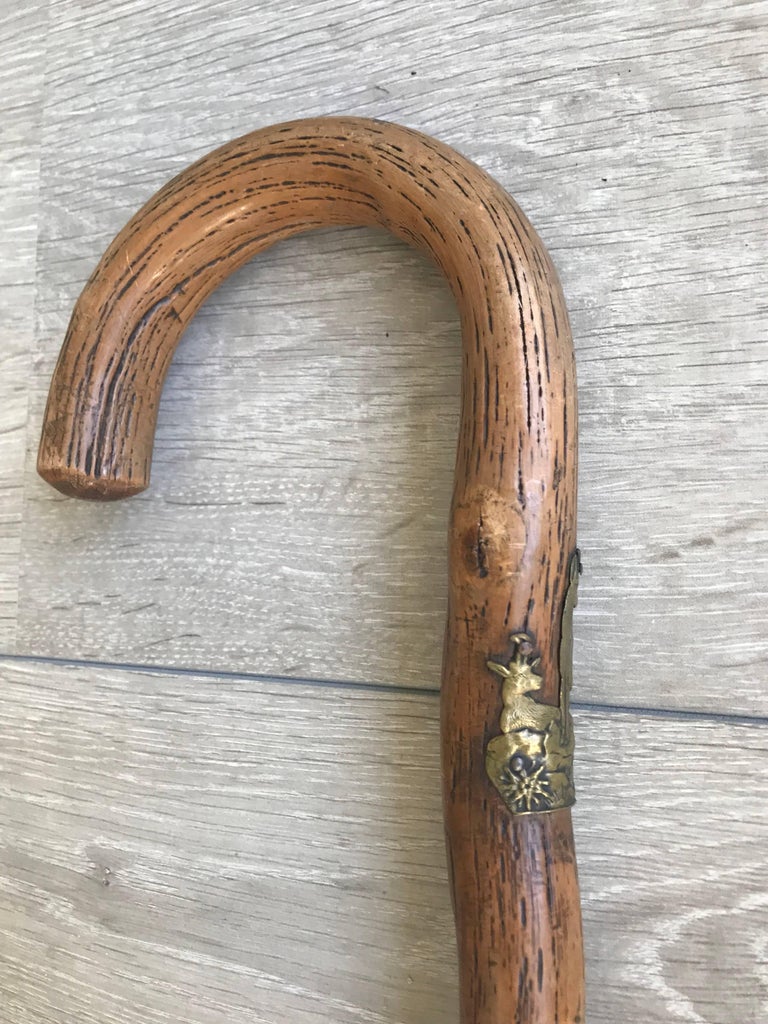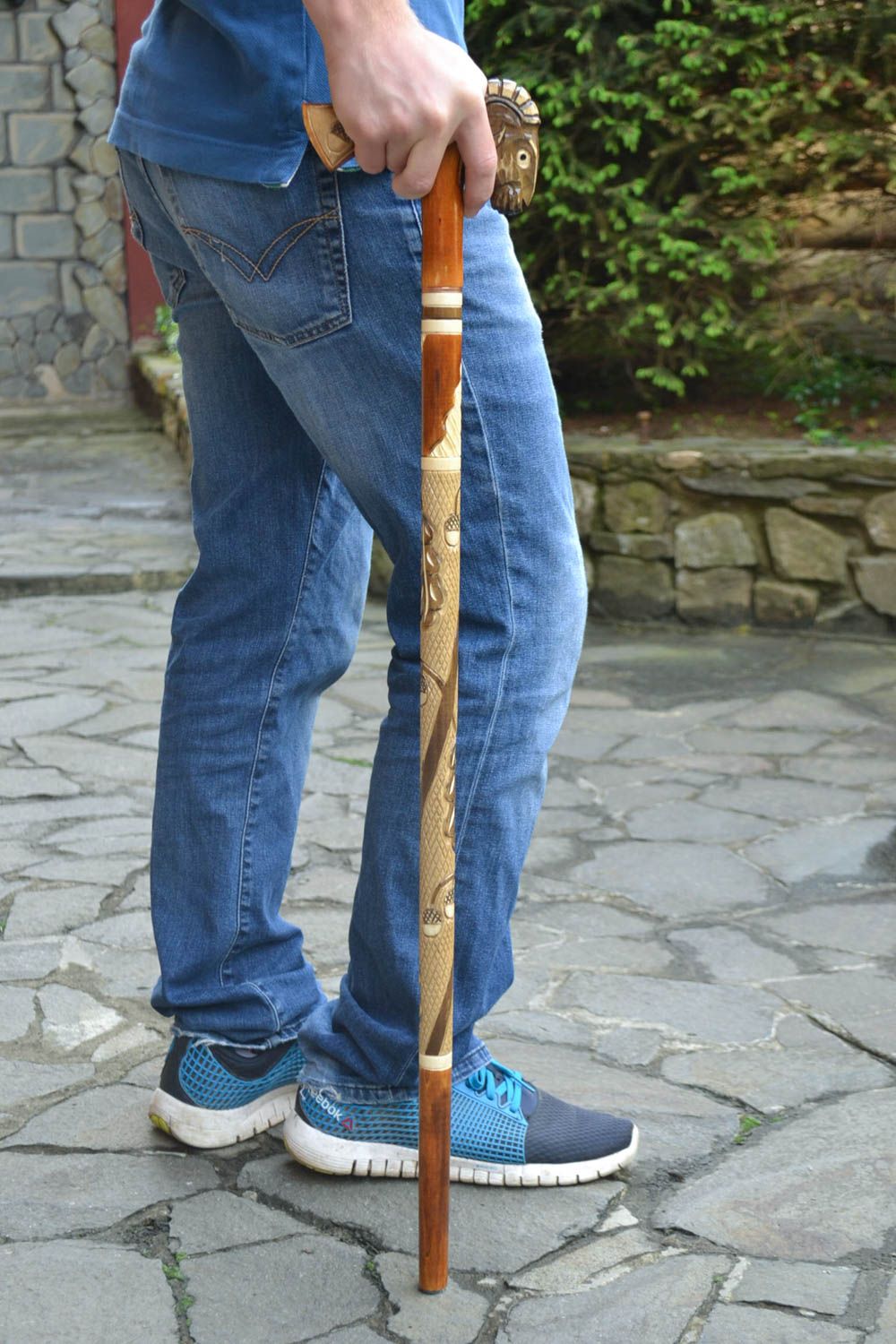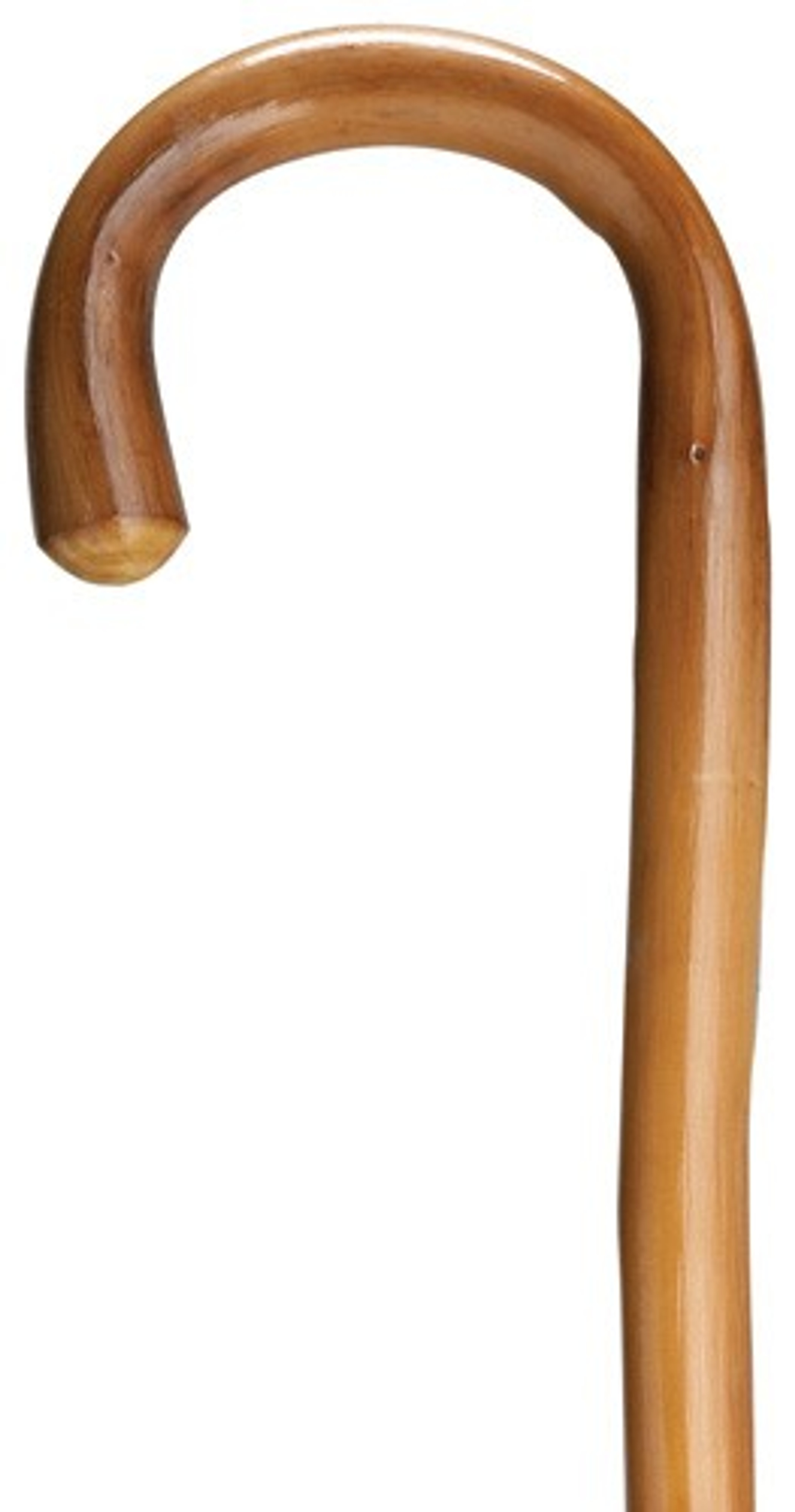Wooden Walking Canes For Sale – By purchasing second-hand goods, consumers help keep products circulating in the economy, giving them new life and purpose. In this sense, online second-hand markets have not only made pre-owned goods more accessible but have also made them more desirable, offering an alternative to the mass-produced, one-size-fits-all nature of new products. As technology continues to advance at a rapid pace, second-hand electronics can offer a way for consumers to keep up with the latest gadgets without breaking the bank. Yet, at the same time, there’s the promise of new beginnings for both the seller and the buyer. The possibilities are endless, and the result is often something more unique and personal than what could be bought new. The growing interest in second-hand goods can also be attributed to shifting cultural attitudes toward consumption. The satisfaction of purchasing quality is often deeply intertwined with the knowledge that your money is going toward something that truly deserves it. There are those who argue that not everything should be for sale. In some cases, buyers may also acquire businesses with existing intellectual property, such as patents, trademarks, or proprietary technologies, which can offer a competitive edge in the market. One common concern is the risk of purchasing items that are damaged or not as described. The digital age has also transformed the way things are bought and sold. Whether it's old furniture that no longer fits with their style, clothing that no longer fits, or electronics they no longer use, selling second-hand items allows individuals to recoup some of the money they spent on these goods. Sellers often find themselves in a strange position, balancing the emotional attachment to the item with the rational need to let it go. When a person decides to sell something, they might weigh the pros and cons, debating whether it’s the right time or whether it’s really necessary to part with what they’ve had for so long. Due diligence is a crucial part of the process, where the buyer investigates the business thoroughly to ensure that there are no hidden liabilities, potential risks, or operational inefficiencies. Vintage items, antiques, and pre-loved goods often carry stories and histories that new products simply cannot replicate. This shift from a linear economy, where products are made, used, and disposed of, to a circular one, where products are continually reused and repurposed, is a step towards a more sustainable and environmentally friendly world. Unlike mass-produced items that may become outdated or fall apart with minimal use, quality products are designed to endure. The notion suggests a world where anything and everything, regardless of its intrinsic value, can be bought, sold, or traded. They remind us that, despite living in a world where everything is for sale, there are some things that remain priceless.

Custom Walking Cane NYMPH Fashionable Walking Stick Hand Carved of Oak
Fast shippingshop best sellersshop our huge selectiondeals of the day

Carex Wooden Walking Cane Round Handle Wood Cane With Natural Ash
Fast shippingshop best sellersshop our huge selectiondeals of the day

Antique and Strong Real Branch Wood Walking Stick or Cane at 1stDibs
Fast shippingshop best sellersshop our huge selectiondeals of the day

Derby Hickory Wood Walking Cane 350 Lbs
Fast shippingshop best sellersshop our huge selectiondeals of the day

Vintage Wooden Walking Cane for Men Women 6 colors available Etsy
Fast shippingshop best sellersshop our huge selectiondeals of the day

BUY Handmade designer beautiful varnished carved wooden walking cane
Fast shippingshop best sellersshop our huge selectiondeals of the day

Men's Extra Tall English Chestnut Wood Walking Cane Exquisite Canes
Fast shippingshop best sellersshop our huge selectiondeals of the day

Carex Round Handle Wooden Walking Cane Black, Natural, or Walnut
Fast shippingshop best sellersshop our huge selectiondeals of the day

Brazos 37" Twisted Oak Crook Neck Walking Cane
Fast shippingshop best sellersshop our huge selectiondeals of the day

Tall Walking Cane Natural Wood Canes Wooden Walking Staff Etsy
Fast shippingshop best sellersshop our huge selectiondeals of the day
The culture of buying second-hand goods is rapidly shifting in the modern world, particularly among younger generations. Perhaps the most troubling aspect of the idea that everything is for sale is how it can shape the way we view the world and each other. The marketplace, for all its flaws, has brought about great innovations. Quality goods transcend trends and fleeting fads. Success after the acquisition depends on a variety of factors, such as effective leadership, market conditions, and the buyer’s ability to make improvements and capitalize on growth opportunities. The adage “you get what you pay for” rings especially true in the realm of quality goods. While buying and selling second-hand items can come with its challenges, the rewards—both financially and environmentally—make it a worthwhile pursuit for many people. Historically, many products were made by local craftsmen, and there was a direct relationship between the creator and the consumer. A person might sell a beloved possession to fund an important life change, such as starting a business, moving to a new city, or pursuing a dream. Additionally, there is the challenge of integrating the business into their existing operations and ensuring that it continues to thrive under new ownership. In this digital age, it often feels like there’s no such thing as privacy anymore, and that’s because we’ve essentially agreed to sell pieces of ourselves in exchange for recognition, affirmation, or even money. Are there things that should be kept beyond the realm of trade? Or has the marketplace — with its insatiable demand and promise of exchange — seeped into every facet of our being?
If everything is for sale, then the concept of value itself becomes fluid, subjective, and often manipulated. The sale agreement will include details about the purchase price, payment terms, assets being transferred, and any contingencies that may apply. The business-for-sale market continues to evolve, influenced by economic trends, technological advancements, and shifts in consumer behavior, but one thing remains clear: buying and selling businesses will always be a fundamental part of the global economy. In this sense, quality is not just about prestige; it’s about making thoughtful choices that contribute to a more sustainable and rewarding lifestyle. But in reality, even the most profound relationships can be commodified in some way. Second-hand items are typically sold for a fraction of their original price, making them an attractive option for individuals on a budget. When people choose quality goods, they are choosing longevity over convenience, enduring craftsmanship over temporary trends, and often, a timeless aesthetic over what is in vogue today. In some cases, the sale of an item can mark a pivotal moment in someone’s life. Whether it’s a handmade leather bag, a vintage watch, or a luxury car, the term “quality” brings with it an expectation — an assurance that the item in question has been crafted with care, attention to detail, and materials that can stand the test of time.
When a business is put up for sale, it is typically the result of a variety of reasons, each unique to the situation at hand. In some cases, selling second-hand items can be a way to make a significant profit, especially if the items are rare, vintage, or in high demand. Second-hand record stores and online marketplaces like Discogs have become hotspots for vinyl enthusiasts, providing a platform for buying, selling, and trading records. Many high-quality products come with a rich history, whether it’s the legacy of a renowned brand or the personal touch of a local maker. The satisfaction of purchasing quality is often deeply intertwined with the knowledge that your money is going toward something that truly deserves it. For the buyer, it can feel like a great opportunity, a chance to acquire something they’ve been searching for, or maybe just the satisfaction of knowing that a good deal is within reach. For the buyer, purchasing a home is a dream realized, a step toward security and stability. It’s about letting go of something that no longer serves a purpose, while opening the door for something new to take its place. One of the most popular categories of second-hand goods for sale is clothing. Every click, every like, every follow, is part of an ongoing transaction. The sale agreement will include details about the purchase price, payment terms, assets being transferred, and any contingencies that may apply. The idea that everything is for sale works to perpetuate inequality, as those with the most resources can continue to amass power and wealth, while others are left to scramble for what little they can get. After the sale is complete, the buyer assumes responsibility for the business and takes control of its day-to-day operations. For those on a budget or looking to stretch their money further, second-hand markets provide an opportunity to purchase goods that would otherwise be out of reach. This is particularly important in a world where design has become a central element in consumer decision-making. By purchasing second-hand items, consumers can help reduce the demand for new products, thereby lessening the environmental impact associated with manufacturing and shipping. The business-for-sale market continues to evolve, influenced by economic trends, technological advancements, and shifts in consumer behavior, but one thing remains clear: buying and selling businesses will always be a fundamental part of the global economy. It involves an in-depth understanding of the business’s financials, operations, and market position. The act of selling a home is a deeply emotional process, and when it’s completed, there’s a sense of closure and anticipation for what comes next. Books, records, and collectibles are also highly sought after in the second-hand market.